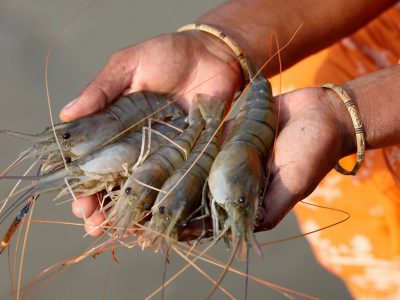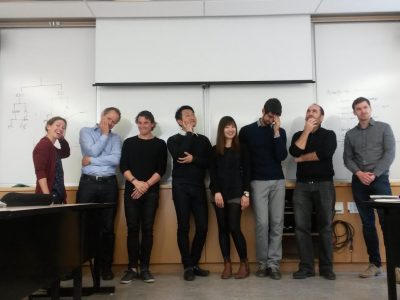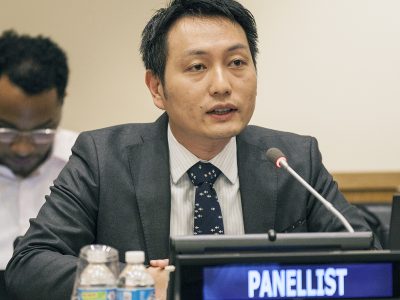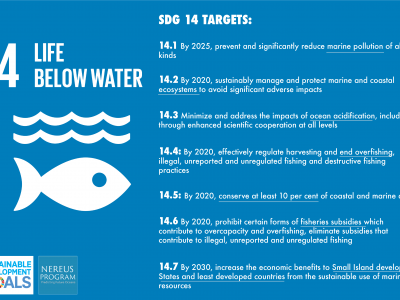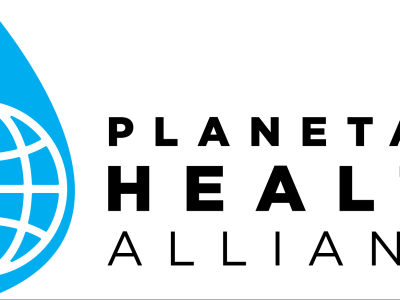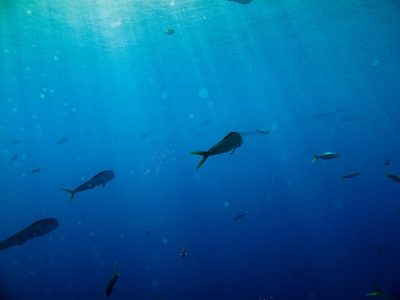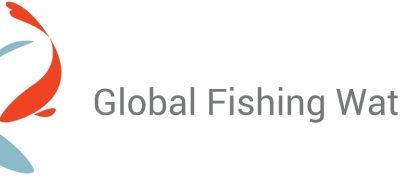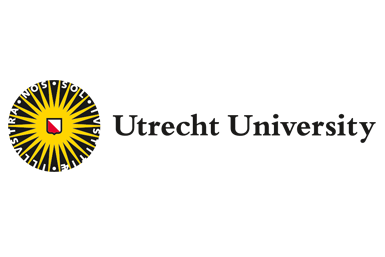REPORT – Oceans and Sustainable Development Goals: Co-Benefits, Climate Change and Social Equity
A healthy ocean will benefit global sustainable development in a number of ways, finds a new report published today by the Nippon Foundation-Nereus Program. With climate change and social inequity addressed, restoring the ocean will help alleviate poverty, provide livelihoods, and improve the health of millions around the world.



